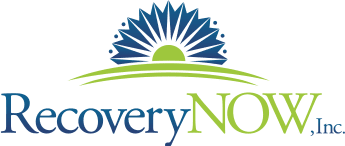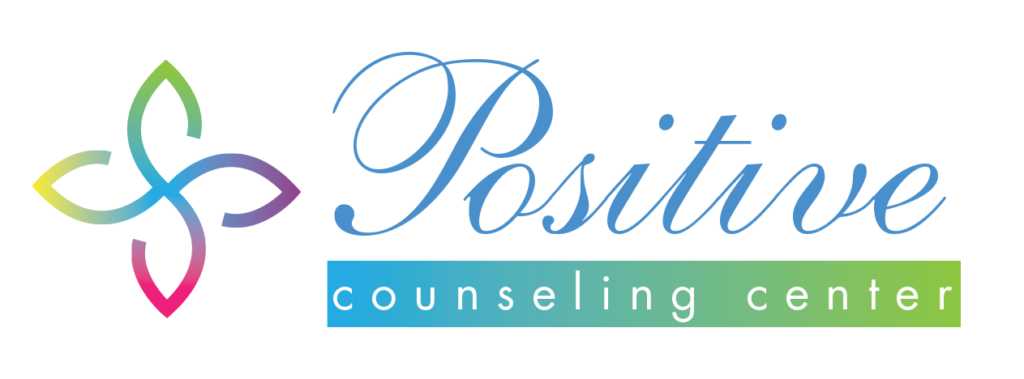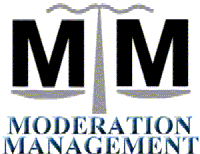Treatment for ADHD Reduces the Risk of Substance Abuse
The Challenges of ADHD
Attention-Deficit/Hyperactivity Disorder (ADHD) is one of most widely diagnosed mental disorders and the most frequently diagnosed in children with 8% of children being diagnosed with ADHD (Harstad & Levy, 2014). The challenges children and adults face with ADHD in school/work, at home in daily life tasks leads to an increased risk for substance use. In addition, the social challenges and stress related having untreated ADHD increase the risk of turning to substances to cope.
Without treatment both teens and adults with ADHD are vulnerable to developing an addiction.
Individuals with ADHD are:
- 2 times more likely to develop alcoholism
- 3 times more likely to be addicted to nicotine
- 2.5 times more likely to develop a substance use disorder (SUD) overall (Harstad & Levy, 2014)
ADHD Symptoms and the daily challenges they present:
- Symptoms of Inattention: difficulty sustaining attention, failing to give close attention to work, poor time management, forgetfulness, and being easily distracted by external things all contribute to those with ADHD struggling to succeed in a traditional school environment. School has become even more demanding for children and teens as the pressures to participate in multiple extracurricular activities like sports in addition to the pressure to perform at a competitive academic level leaves many teens with ADHD feeling left behind.
- Symptoms of Hyperactivity: struggling to sit still, excessive talking, and being physically hyper can be beneficial to student athletes but is usually frowned upon in the classroom increasing isolation from classmates.
- Symptoms of Impulsivity: trouble waiting your turn, blurting out answers to questions and interrupting others conversations or games lead to significant social struggles for children and teens with ADHD which add to the stress of school (What are the Symptoms of ADHD?, 2014).
Treatment Works!
Many studies have been published showing the benefit of treating ADHD as soon as it is diagnosed in children with stimulant medication as well as behavioral therapy but parents are still hesitant to consent to stimulant medication for their child because of the concern with the addictive quality of these medications. To this date there has been no convincing data that children prescribed these medications are at increased risk for becoming addicted to them but research does support treatment with medication and behavioral therapy and the benefits of using this combined approach. New research published by the American Academy of Pediatrics (AAP) in 2014 stated that treating ADHD in children as soon as it is diagnosed reduces the risk of developing a substance use disorder by 85%. In addition, it has been cited that the younger a child is treated for ADHD with stimulant medication the lower the risk of developing a substance use disorder (Harstad &Levy, 2014). These new findings are extremely hopeful for those struggling with ADHD without the help of treatment.
Risks of Prescribing Stimulants
The concern for prescribing and treating ADHD with stimulant medication is not unfounded however. These medications have a high abuse potential and are often “diverted” to others for misuse and abuse. Stimulant medications also have a high street value for sale so often those with ADHD are not abusing the medication but diverting them to others. The AAP found that between 16-23% of school age children have been approached to sell, give, or trade their prescription medications. The most common form of diversion of giving the pills to friends or family members (Harstad & Levy, 2014). Due to this risk the AAP also published some helpful guidelines for MD’s who are treating individuals with ADHD.
Though the risk of misuse, diversion, and abuse is a factor the benefits of stimulant medication coupled with behavioral therapy for those with ADHD are well documented and cannot be denied. To address this concern, the AAP listed some guidelines for prescribing stimulant medication to treat ADHD.
Safety Guidelines
- Confirm the diagnosis before prescribing- (symptoms must be present in more than 1 setting so consultation with teachers, families, and other sources is key to making a valid diagnosis)
- Screen older children and adolescents for use of alcohol, marijuana, and other drugs.
- Provide guidance anticipating that someone will ask for the medication. Depending on the environment this may including making a safety plan with the patient on how to keep their medication safe.
- Keep well documented records
- If prescribing to someone with a known substance use history the risks and benefits of treatment with stimulants must be weighed and discussed. If the risk is considered too high there are alternative medications without the abuse potential that are effective (Harstad & Levy, 2014).
ADHD is a common but highly treatable neurobiological disorder that about 8% of children. It causes severe functional impairment that significantly increase the risk of an individual developing a substance use disorder. Though treatment with stimulant medication has been controversial in the past it has proven to be extremely effective in mitigating the symptoms of ADHD that lead to individuals to turn to substances to cope with life’s challenges. Safe prescribing methods plus careful ongoing monitoring along with behavioral therapy by a qualified therapist can reduce those daily life challenges and provide hope for a positive future for someone with ADHD.
For more information on treatment options for ADHD in LA’s South Bay visit our information page here!
If you think you have have ADHD take a self test here!
To read the full clinical report from the American Academy of Pediatrics click the link.
To learn more about ADHD in children, teens, and adults visit Chadd.org.
Marilyn Brown, LMFT Licensed Marriage & Family Therapist/Social Media Director Recovery NOW, Inc. www.RecoveryNowLA.comReferences:
Harstad, E., Levy, S. & Committee on Substance Abuse (2014). Atten tion-Deficit/Hyperactivity Disorder and Substance Abuse. Pediatri cs, 134 (1). doi: 10.1542/peds.2014-0992
What are the Symptoms of ADHD? (n.d.). In Children and Adults with Attention-Deficit/Hyperactive Disorder. Retrieved from www.chadd. org







